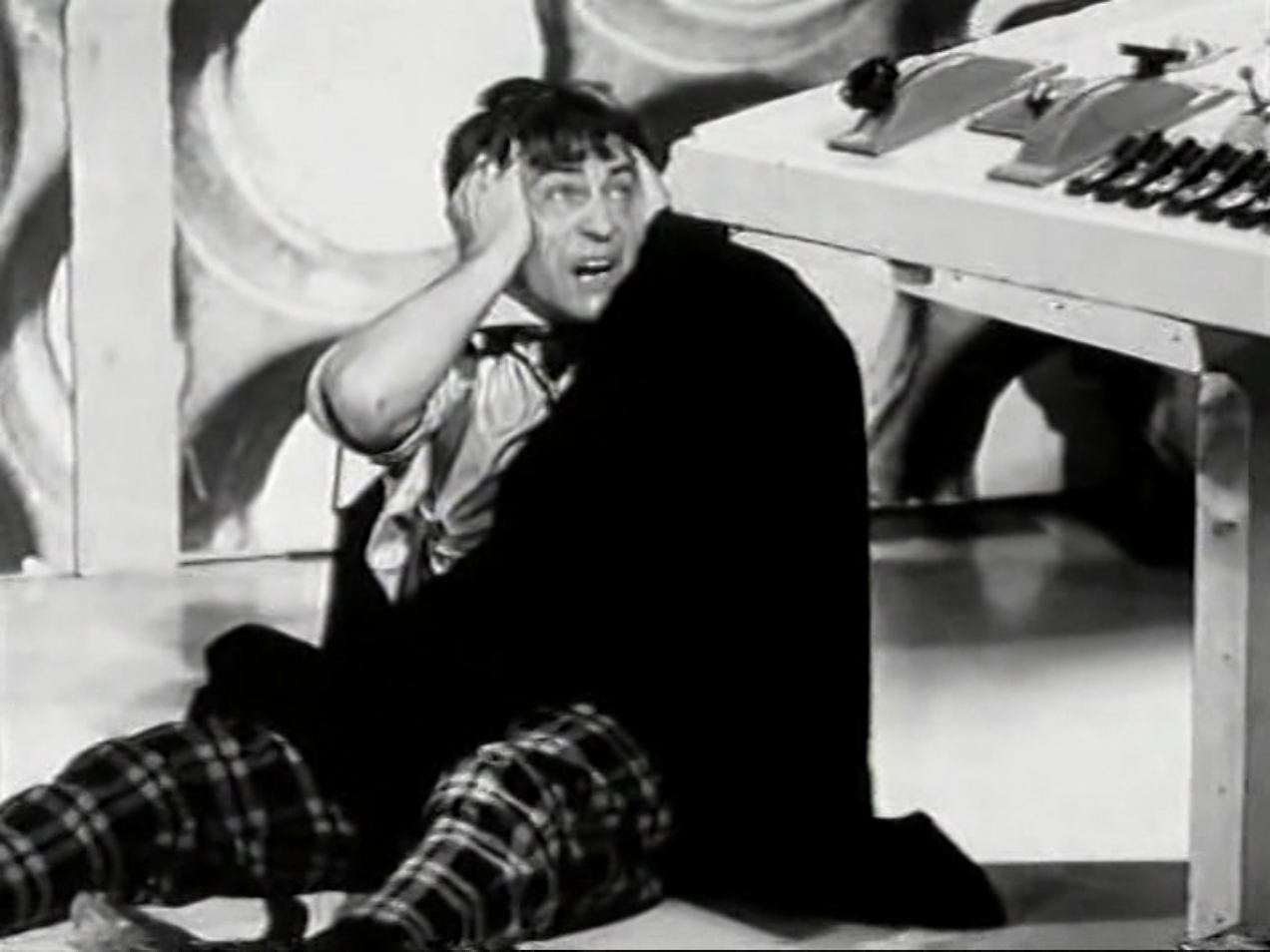
by Victoria Silverwolf
Ah Love! could thou and I with Fate conspire
To grasp this sorry Scheme of Things entire,
Would not we shatter it to bits — and then
Re-mould it nearer to the Heart's Desire!
— from The Rubaiyat of Omar Khayyam, translated by Edward FitzGerald
Quis Custodiet Ipsos Custodes?
There's a common tendency for people to want to take control in order to make the world a better place. A pair of new science fiction novels feature characters who want to run things the way they see fit, with the goal of improving the planet. In all other ways, these two books could not be more different.
The Monitors, by Keith Laumer

Cover art by Richard Powers.
There's no need for me to talk much about prolific author Keith Laumer, since I recently discussed his career while reviewing another of his novels. You know this latest work is going to be a fast-moving adventure; the only question to ask is if it's going to be serious or funny. It soon becomes clear that the latter possibility is the correct one.
Out of the blue, every television, radio, public address system, or other form of electronic communication broadcasts the same message.
Citizens of Earth. I am the Tersh Jetterax. It is my pleasure to announce to you that a new government has now taken over the conduct of all public affairs.
He's not kidding. A bunch of handsome, polite young men in yellow uniforms show up. If you refuse to follow their orders, they simply wave their hands and take over your body, making you do what they want.
Our hero is Ace Blondel, unemployed pilot. He manages to get away from the Monitors for a while, leading them on a wild chase. There's no real way to avoid them, so he becomes a guest of the Tersh Jetterax. This character appears to be an elderly gentleman, who doesn't understand why Ace would object to the Monitors creating a better society.
The Tersh Jetterax, in charge of this area, offers a number of very convincing arguments about why corrupt, inefficient human governments should be replaced by the benign, selfless Monitors. He makes a very good case, really, as Ace watches recorded scenes of ignorant teachers, hospitals refusing patients without insurance, overcrowded courtrooms, and other abuses. It's hard for readers not to think of the Monitors as the good guys.
Despite this, Ace escapes. (Not too difficult to do, when your hosts are so kindly, and never keep their doors closed.) He winds up working with an organization called SCRAG — Special Counter Retaliatory Action Group — created by a paranoid General for just such an emergency. It's privately funded, because the General thinks the military is full of subversives.
This turns out to be jumping from the frying pan into the fire, as the General suspects Ace of being a spy. He gets away with the help of Nelda Monroe, a woman who is also disillusioned with the organization. The rest of the book sends Ace bouncing back and forth like a silver sphere in a pinball machine, never sure who he's supposed to be helping and who's after him.
It's a wild rollercoaster ride of a book, to be sure. There's plenty of satire of human foibles, almost as if Laumer were collaborating with Robert Sheckley. Nelda is an outrageous character, spouting intellectual jargon one moment, gushing over a good-looking Monitor the next, never consistent in her beliefs for a second. She could be seen as a caricature of a scatterbrained female, but the author spares no one from his poison pen. Just about all the folks Ace runs into, other than the blandly beneficent Monitors, are lunatics, fools, and scoundrels.
This is quite an amusing book, almost cinematic in style. In addition to satire, you've got quite a bit of funny dialogue, some of its mad logic worthy of a Marx Brothers movie. There's plenty of action, of course, a lot of it verging on slapstick. The resolution is not what you might expect, and offers another wry look at humanity.
Four stars.
The Nevermore Affair, by Kate Wilhelm
Kate Wilhelm started publishing stories in the science fiction magazines about a decade ago. She divorced her first husband a few years ago (but kept his last name, at least professionally) and married fellow SF writer Damon Knight.

A photograph from about the time she changed husbands.
Her first (and, to date, only) collection of short fiction has the same title as the first story she sold (although it was the second one to appear in print.)

Cover art by Richard Powers.
At least, that's true for the American edition. The British edition, for some reason, uses the title of another story in the collection.

Cover art by Richard Weaver.
Besides the book we're going to talk about here, she's published a mystery novel on her own, and a science fiction novel in collaboration.

Cover art by Lawrence Ratzkin.
The paperback edition of her whodunit tries hard to convince me it's a Gothic Romance. A beautiful woman running away from a spooky house is always a strong clue that a book is being sold as part of that genre.

Anonymous, and generic, cover art.
Her first science fiction novel, written with Theodore L. Thomas, was an expansion of a story with the same title by Thomas alone. I haven't read it, but apparently the title creature is a monster something like the one that appears in The Blob, but created by science rather than coming from outer space. It was nominated for a Nebula (along with a dozen other novels by other folks) but lost to Frank Herbert's Dune.

Cover art by Hoot von Zitzewitz.
As I've indicated above, Wilhelm's first solo science fiction novel is completely different from Laumer's latest book, despite a common theme of controlling the world. Starting with the superficial stuff, it's a hardcover, priced at $4.50, instead of a sixty-cent paperback. I don't know the word count of either novel, but Wilhelm's is nearly two hundred and forty pages long, while Laumer's barely makes it to one hundred and sixty. As we'll see, the contents, styles, and moods of the two books do not resemble each other at all.

Cover art by Lynn Sweat.
In sharp contrast to Laumer's breakneck pace, Wilhelm takes her time, setting the scene and introducing the characters. Lucien Thayer seems, at first, to be nothing more than a lazy playboy, living on a North Carolina horse farm without a real job. His wife, Doctor Stella Thayer, on the other hand, is a career-driven biologist.
Their lives get turned upside down when military types show up at the university where she works. They tell Stella and her colleagues that their work is now top secret, and they are going to be transported to an island facility to continue the project confidentially. Stella lies to the authorities, telling them that her husband knows all about her work, so he has to go with them as well.
(There are a couple of interesting points here. For one thing, it's assumed none of the wives of the male scientists know anything about the project. For another, the fact that Stella has to pretend that she's spoken to Lucien about it is the first indication that they have a very unusual marriage.)
In reality, they're taken to a secret base in the Rocky Mountains. The folks who abducted them put out a cover story that their plane crashed, killing all aboard. They're allowed all the equipment they need to continue the project, but they can't leave or communicate with the outside world.
David Carson is an old friend of Lucien, and the junior Senator from North Carolina. He smells a rat when Lucien leaves him a clue that he didn't leave home of his own free will. Much of the book concerns Carson's investigation into what's going on, using his relationship with the senior Senator from the state, his mentor, and other connections.
The reader, although not David, finds out quickly that Stella and the others are working on a drug that eliminates errors in cell reproduction; in essence, it stops aging and thus extends life indefinitely. Along with politicians who want to live for a very long time, there's a fanatical army officer who feels that it's his duty to restore the country to its glorious past, and a scientist who plans to shape society through the use of chemicals that alter emotions.
This synopsis makes the book sound like a thriller, and there are certainly parts of the novel that fit that category. David's slow realization of the extent of the conspiracy, and Lucien's efforts to escape imprisonment, provide plenty of suspense. The climactic scene reads like something from a James Bond story.
But Wilhelm is interested in other things, I think. The characters are of paramount importance, rather than the plot. All the major persons in the novel have lengthy interior monologues and flashbacks that reveal their inner natures.
Lucien, for example, proves to be much more than just an idle millionaire. He is an example of a complete person, which means that he has a perfect balance between emotional intuition and rational logic. His wife, for reasons revealed later in the book, fears her emotions, and seeks to lose them in her work. The way in which she evolves from a severely neurotic woman into another complete person, and the way that her relationship with her husband changes from a marriage of convenience to a true love match, serves as the heart of the book.
This is a serious work, with a depth to its themes and characters not often found in science fiction. (That may be why it's just called a novel on the cover.) It requires patience and careful attention on the part of the reader, who will be well rewarded.
Four stars.

![[December 22, 1966] Who's In Charge Here? (<i>The Monitors</i> by Keith Laumer and <I>The Nevermore Affair</i> by Kate Wilhelm)](https://galacticjourney.org/wp-content/uploads/2021/12/661222covers-672x372.jpg)

![[December 20, 1966] Above and beyond (January 1967 <i>Fantasy and Science Fiction</i> and a space roundup)](https://galacticjourney.org/wp-content/uploads/2021/12/661220cover-656x372.jpg)






![[December 14, 1966] (<i>Star Trek</i>: The Conscience of the King)](https://galacticjourney.org/wp-content/uploads/2021/12/661214title-672x372.jpg)

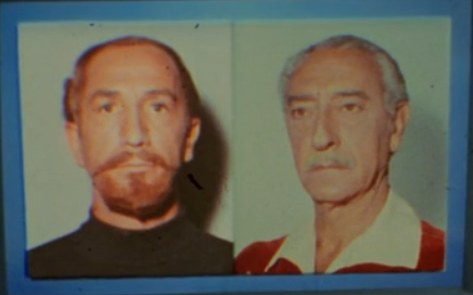


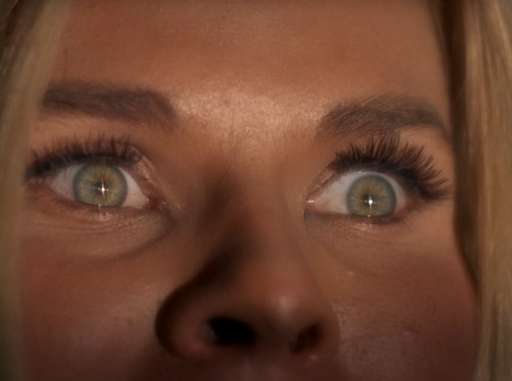









![[December 12, 1966] An Explosive Ending (<i>Doctor Who</i>: The Power Of The Daleks [Part 2])](https://galacticjourney.org/wp-content/uploads/2021/12/661212assemblyline-672x372.jpg)

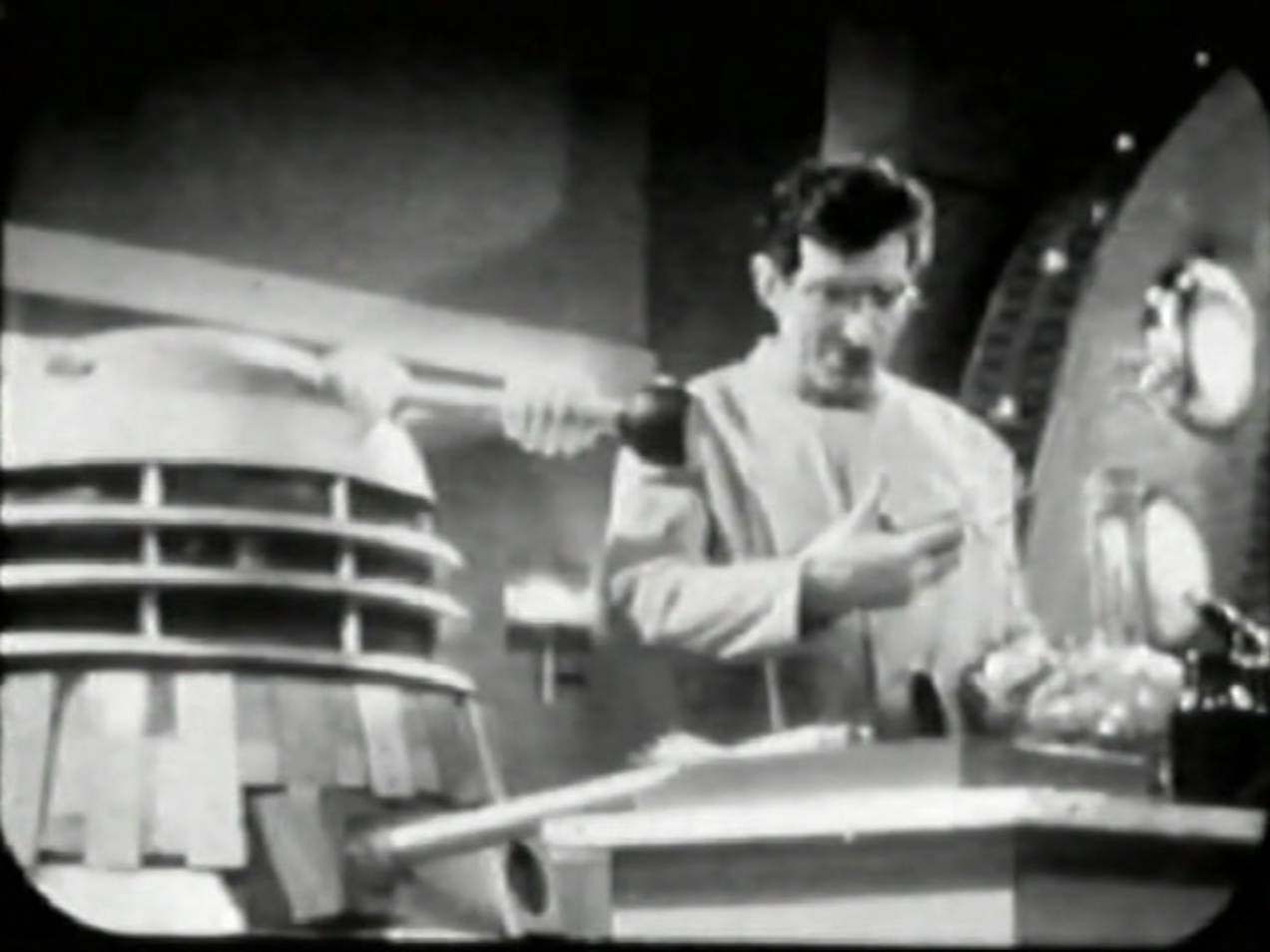
![[December 10, 1966] Hot and Cold (December Galactoscope #1)](https://galacticjourney.org/wp-content/uploads/2021/12/661210covers-672x372.jpg)



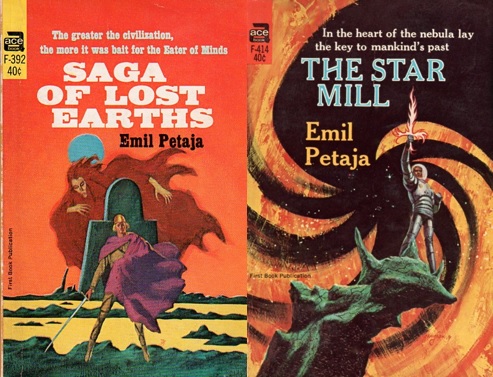
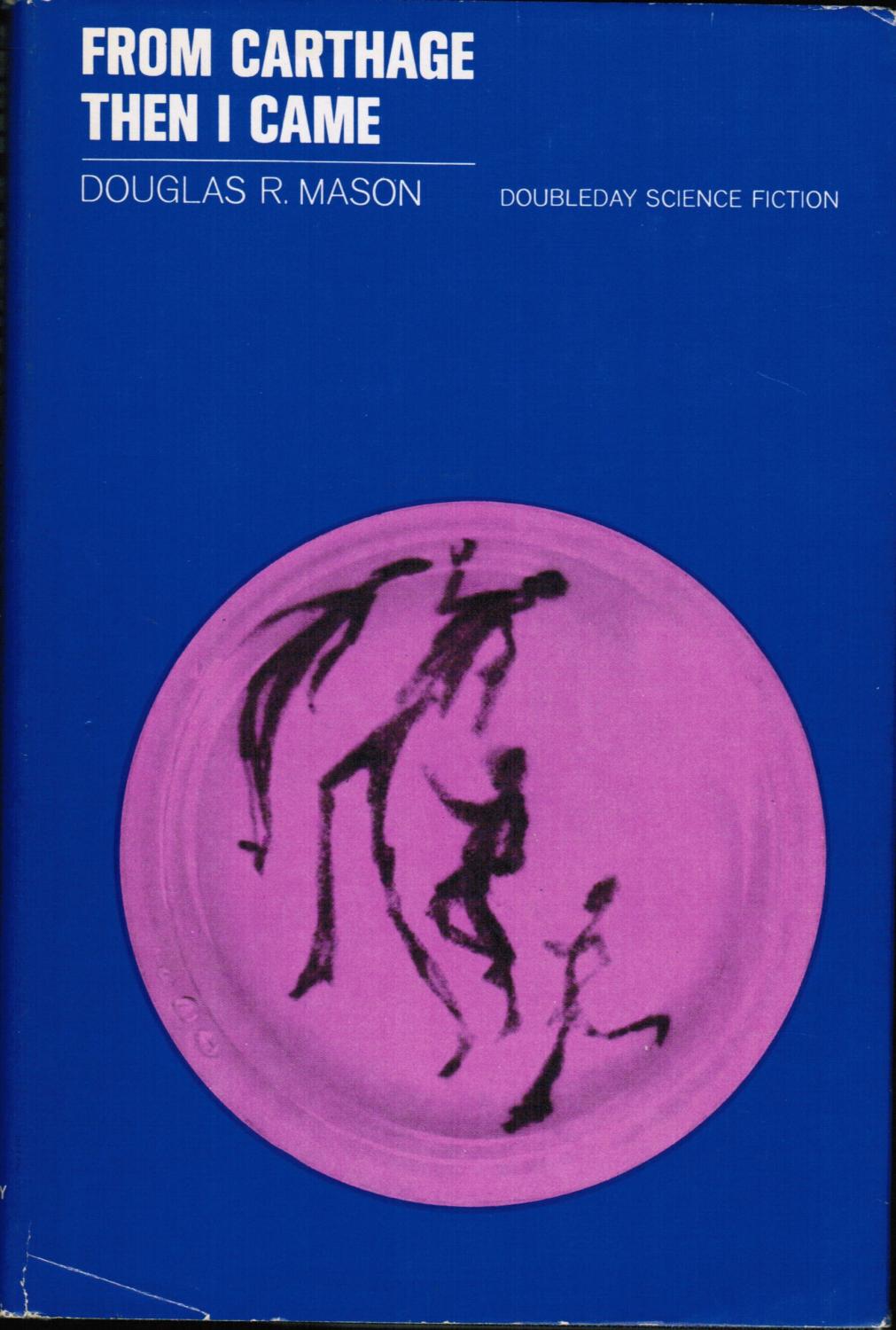

![[December 8, 1966] Flesh and Blood (January 1967 <i>Fantastic</i>)](https://galacticjourney.org/wp-content/uploads/2021/11/Fantastic_v16n03_1967-01_0001-4-672x372.jpg)


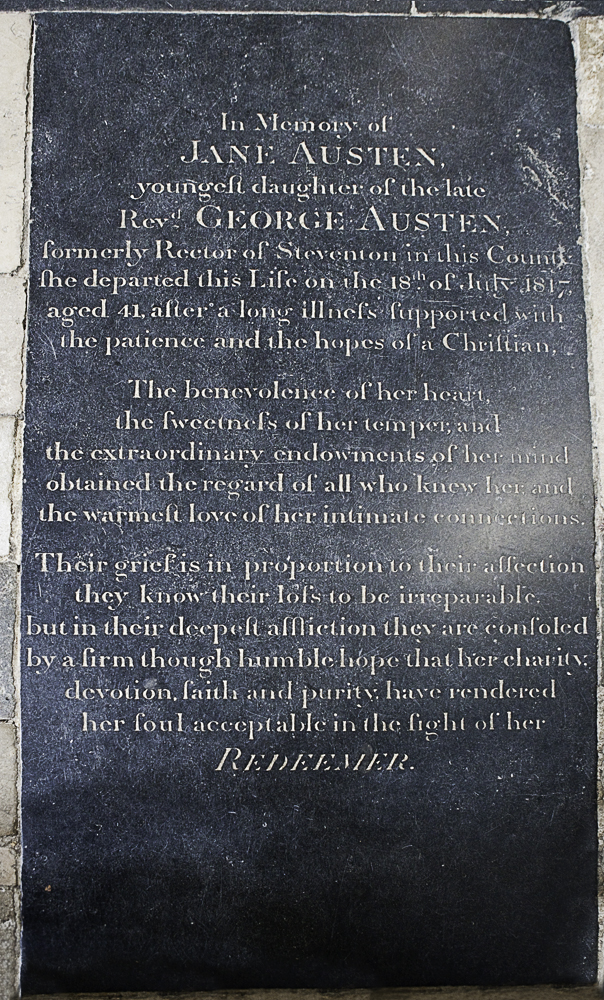
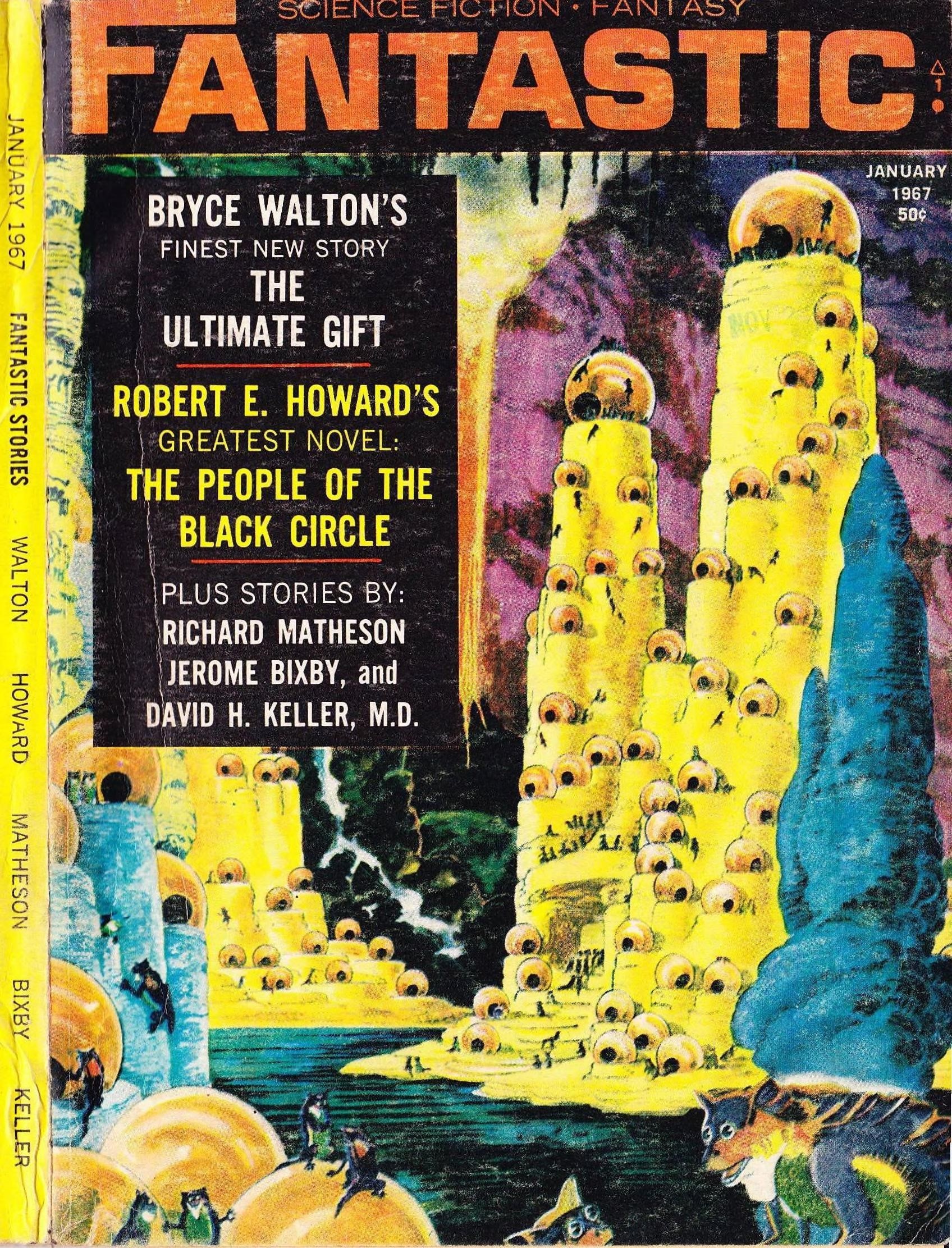
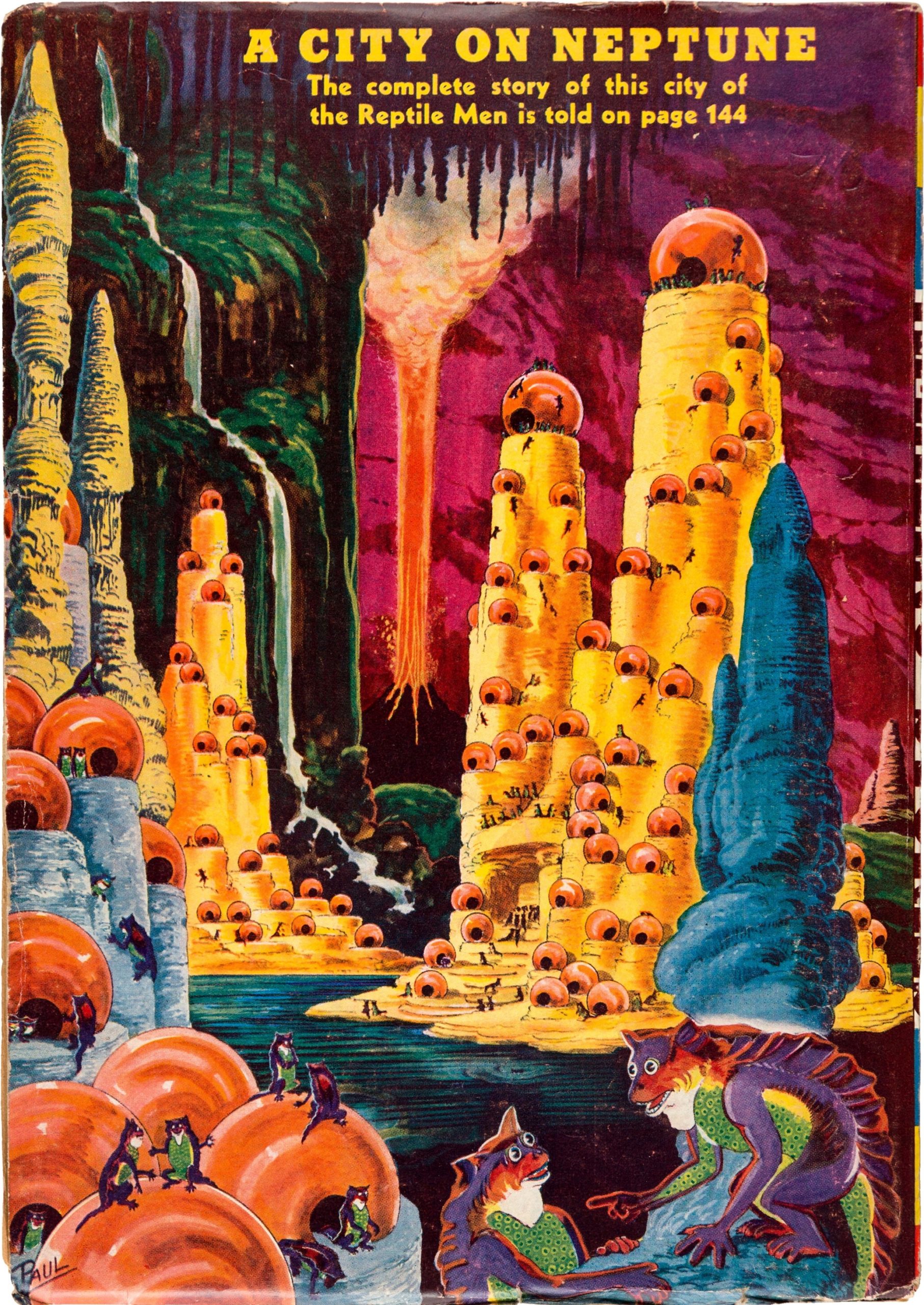
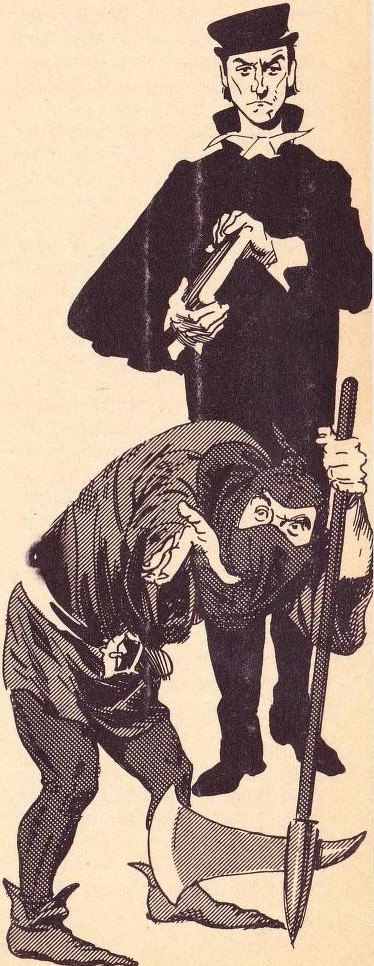
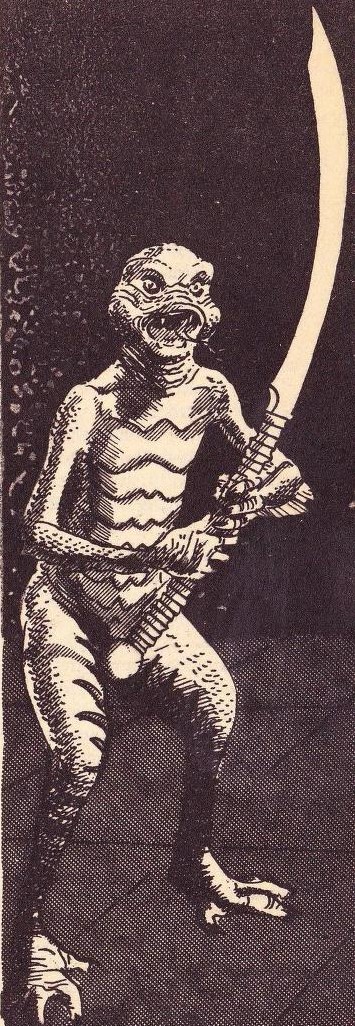
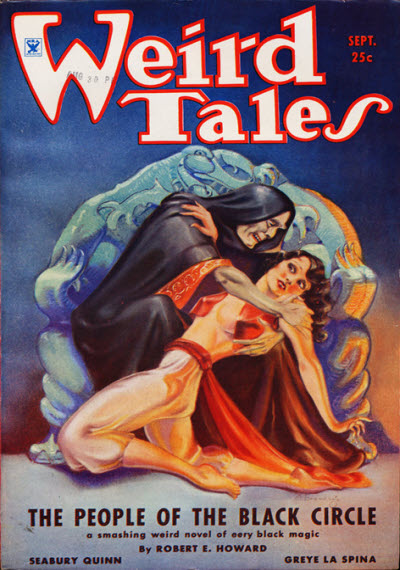

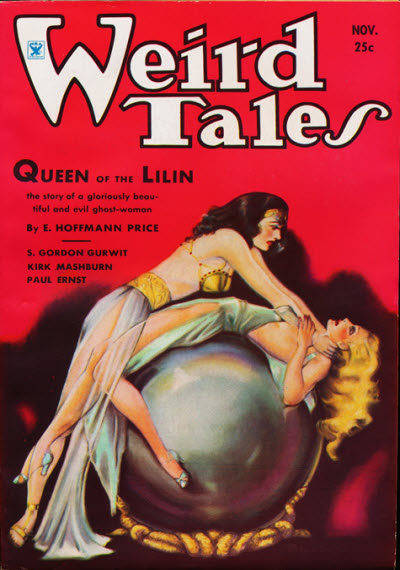
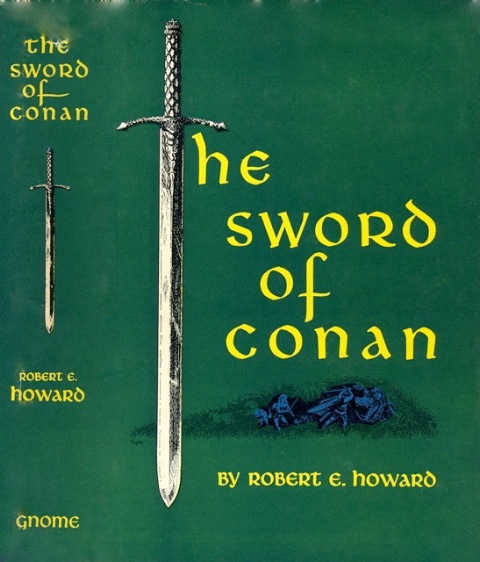
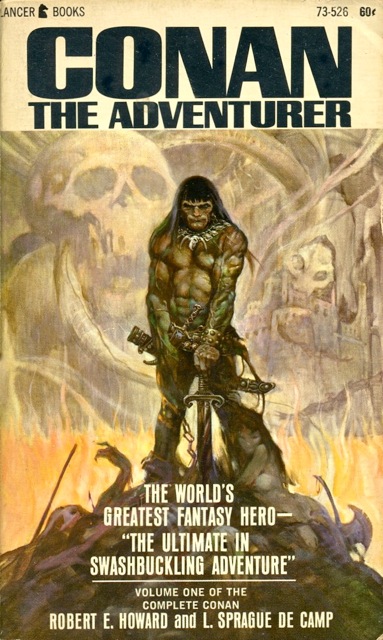
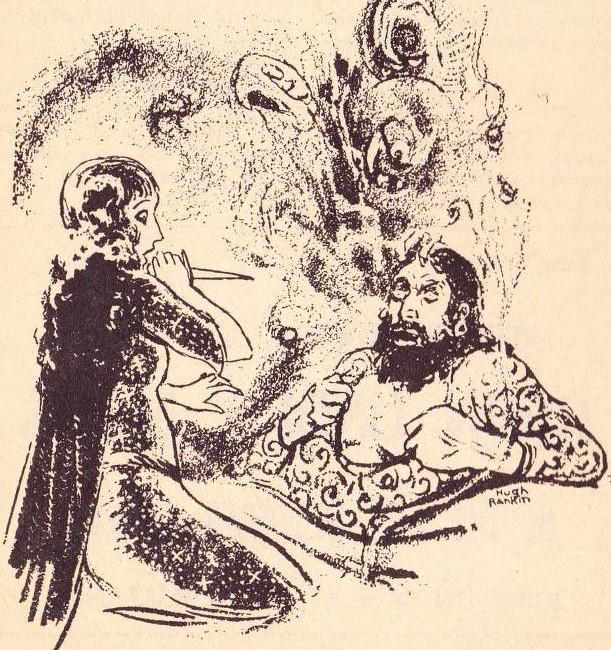
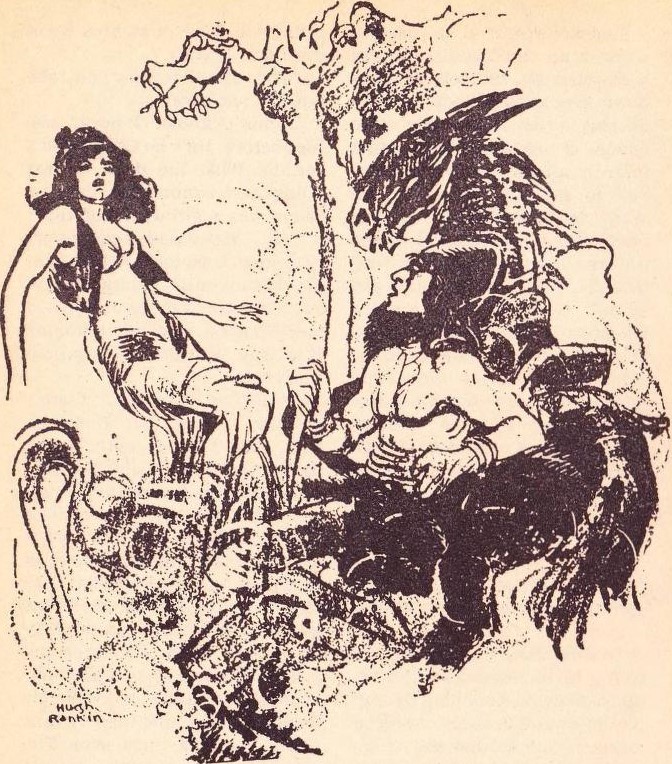
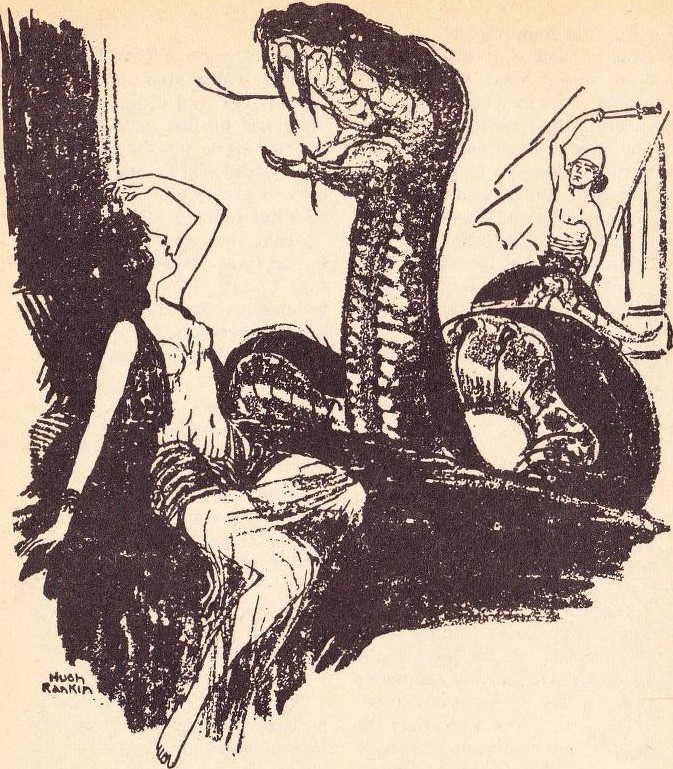
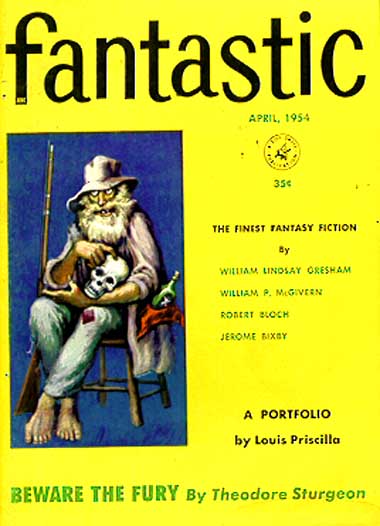
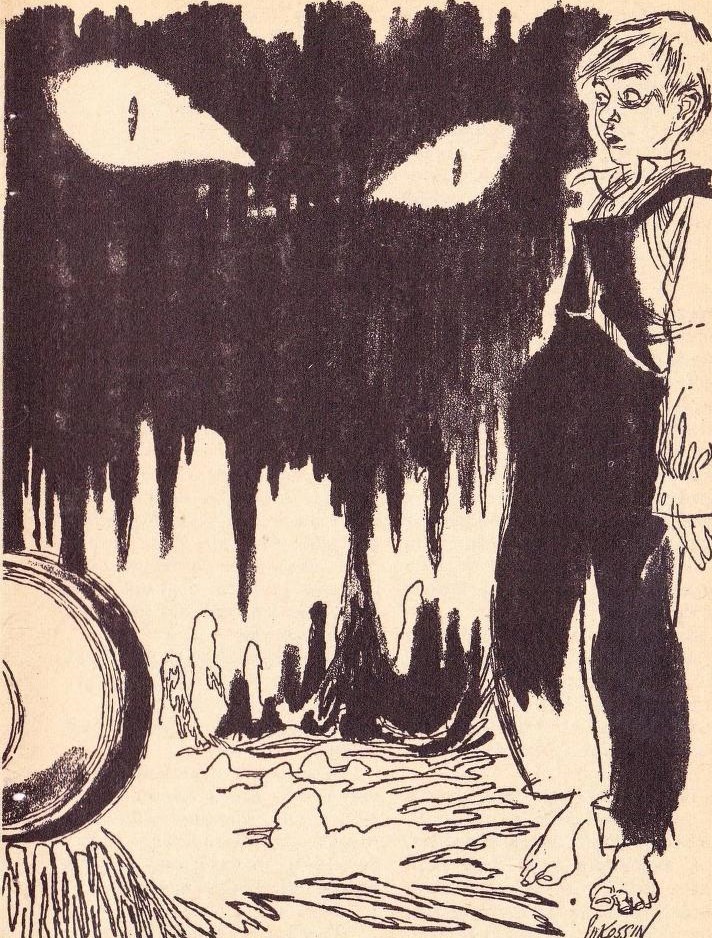
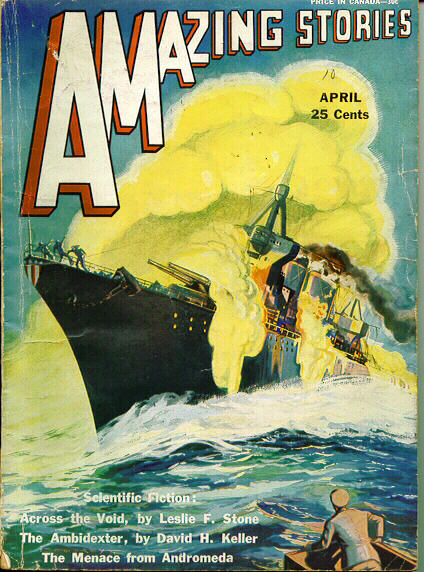
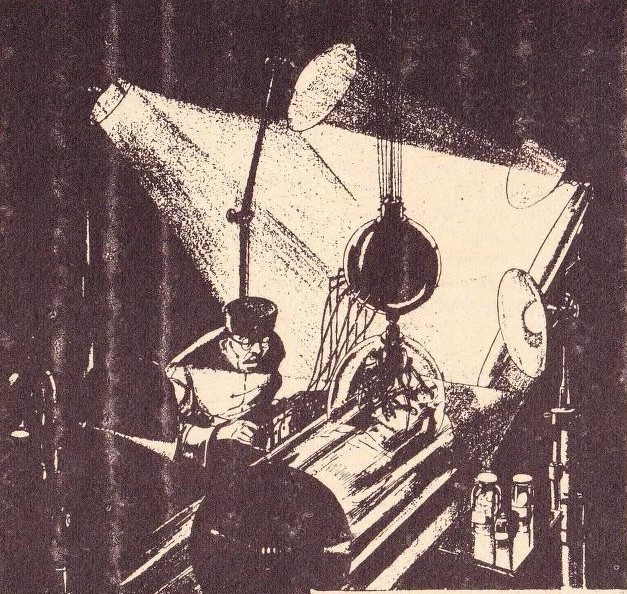
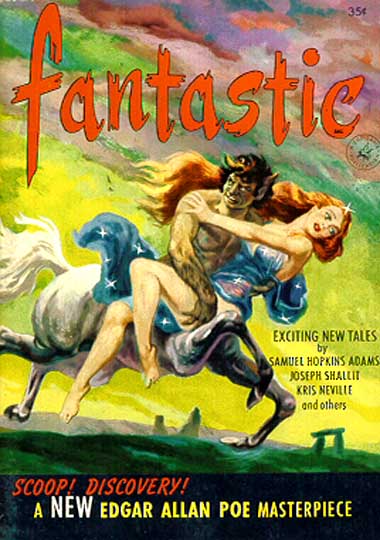

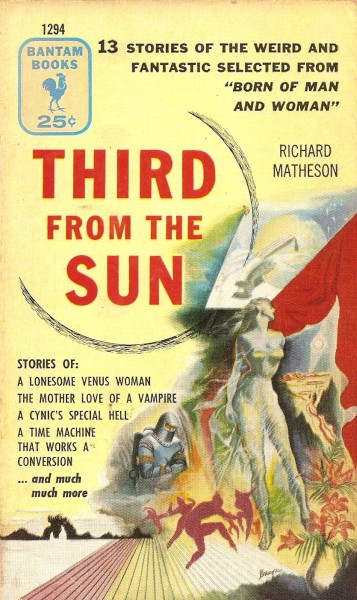

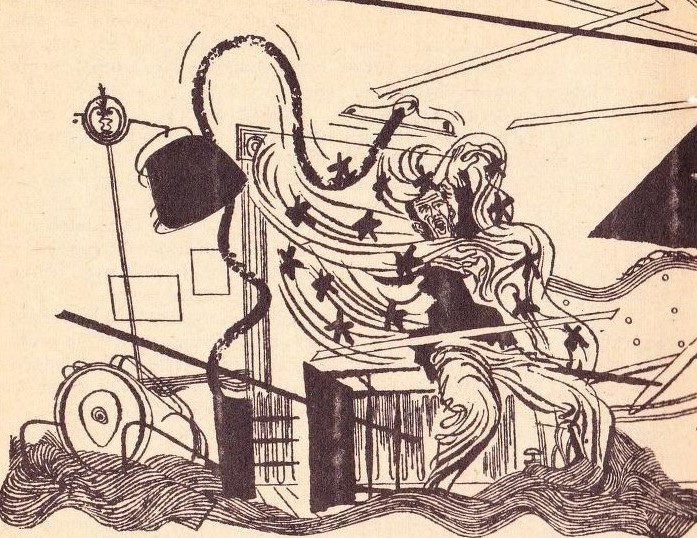
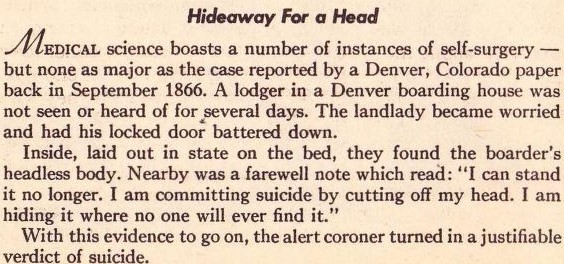
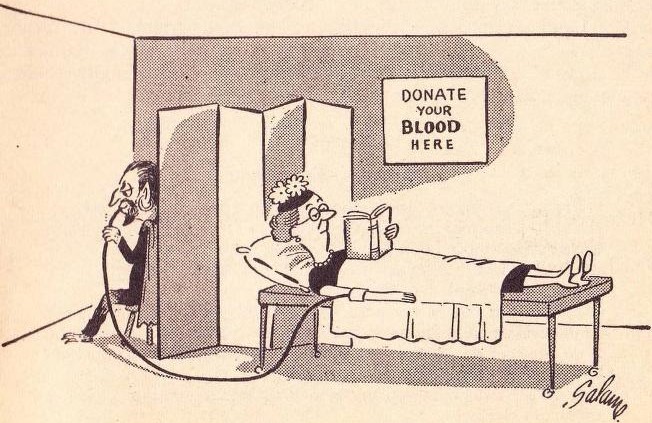
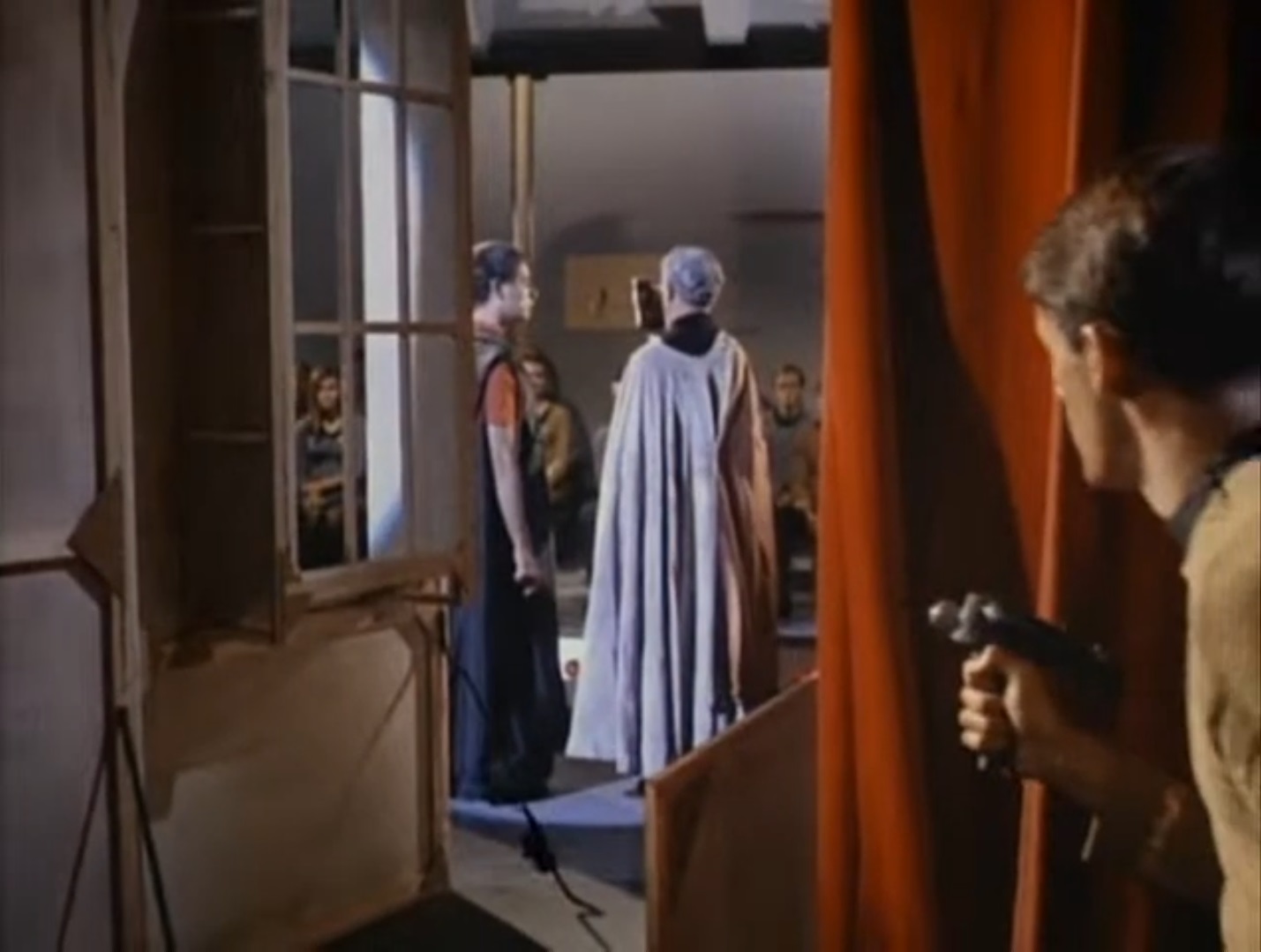
![[November 30, 1966] Marking time (December 1966 <i>Analog</i>)](https://galacticjourney.org/wp-content/uploads/2021/11/661130cover-672x372.jpg)







![[November 24, 1966] Middling (December 1966 <i>Amazing</i>)</big></b>](https://galacticjourney.org/wp-content/uploads/2021/11/amz-1266-cover-503x372.png)










![[November 22, 1966] Ha ha. Very funny. (December 1966 <i>Fantasy and Science Fiction</i>)](https://galacticjourney.org/wp-content/uploads/2021/11/661122cover-661x372.jpg)




![[November 20 1966] Doctor…Who? (<i>Doctor Who</i>: The Power Of The Daleks [Part 1])](https://galacticjourney.org/wp-content/uploads/2021/11/661120newdoc-672x372.jpg)
